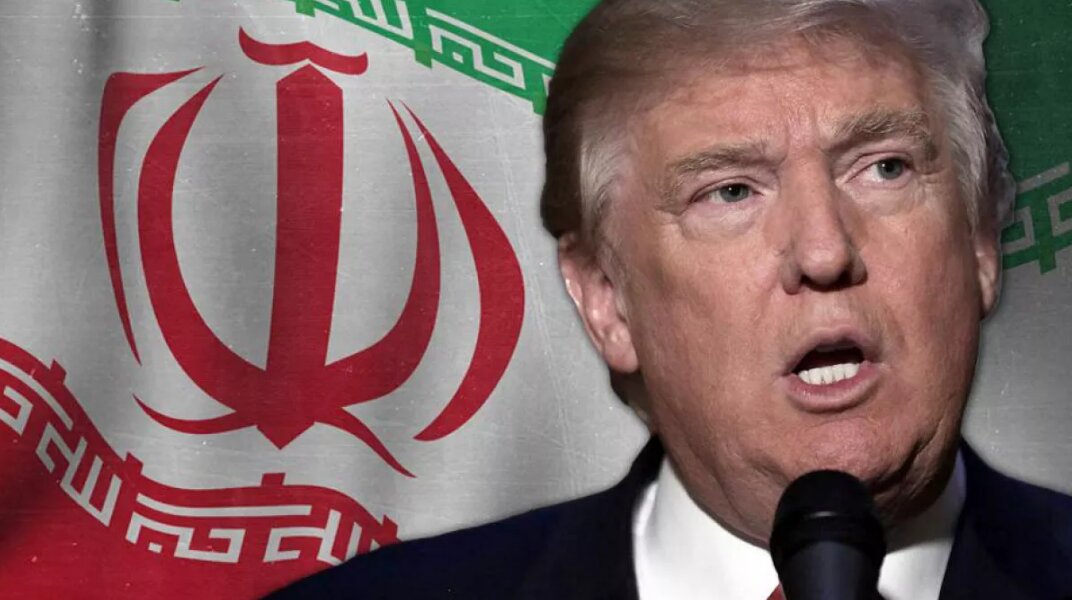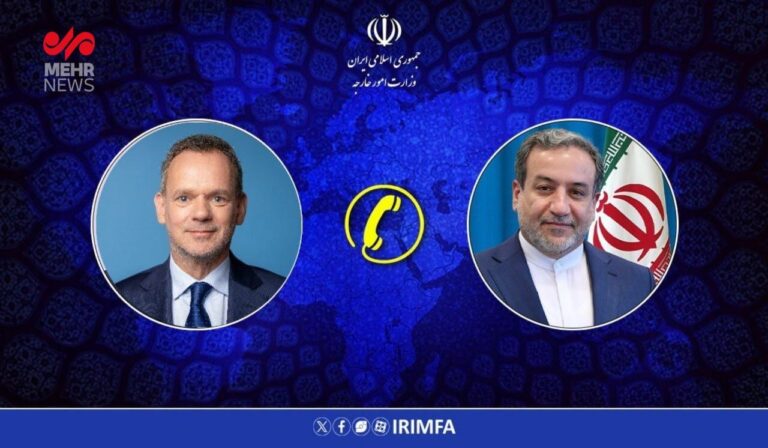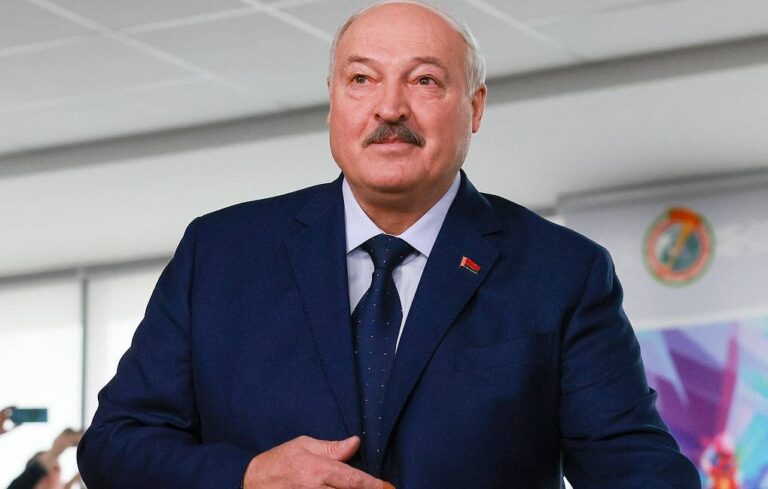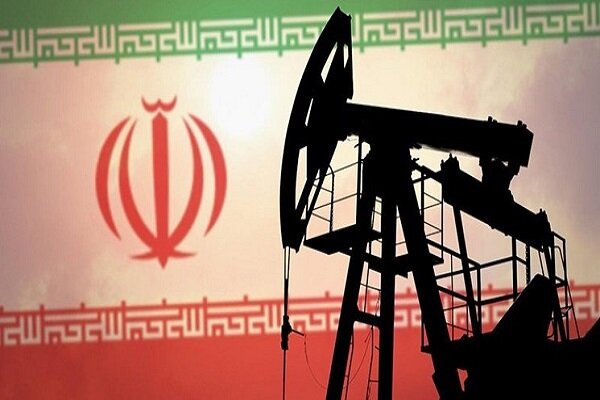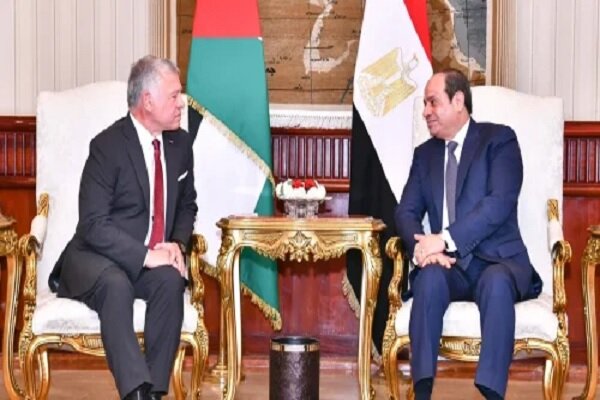Trump Escalates Tensions: War Rhetoric Against Iran Heats Up
In recent developments surrounding US-Iran relations, President Donald Trump has adopted a confrontational approach, threatening military action and imposing stricter sanctions against Iran. This news highlights the ongoing tensions and the critical need for diplomatic engagement.
During a phone interview with NBC News on Sunday, Trump confirmed that there had been communications between American and Iranian officials. However, he refrained from divulging any specifics. His comments included a stark warning: “If they don’t make a deal, there will be bombing.”
Moreover, Trump indicated that if negotiations do not yield results, he would reinstate secondary sanctions akin to those that were enforced four years ago. This rhetoric reflects the US administration’s strategy of relying on intimidation and economic pressure rather than fostering diplomatic relations based on mutual respect. Such an approach has only exacerbated tensions within the region.
Trump’s remarks were made in conjunction with statements from Iranian President Masoud Pezeshkian, who clarified that while Iran has categorically rejected the idea of direct negotiations with the United States, the possibility of indirect talks remains open. He emphasized:
“As we have stated before, Iran has never closed the channels of indirect communication. In its response, Iran reaffirmed that it does not avoid negotiations, but rather, it has just been the United States’ repeated violations of agreements and commitments that have created obstacles in this path.”
Pezeshkian stressed that if the US wishes to restore negotiations, it must first rebuild trust by addressing past breaches of agreements. He asserted that the direction of future negotiations depends largely on the approach taken by the Americans.
- Trump’s Threats: The President has issued threats of military action if a deal is not reached with Iran.
- Sanctions Reinstatement: He plans to reinstate secondary sanctions similar to those imposed previously if negotiations fail.
- Iran’s Position: Iran has rejected direct negotiations but remains open to indirect talks.
- Trust Issues: Iranian officials emphasize the need for the US to restore trust before any meaningful negotiations can occur.
This situation underscores a significant diplomatic challenge. The reliance on threats and sanctions has historically resulted in a cycle of escalation rather than resolution. Both nations have a complex history marked by conflict and mistrust, making it all the more essential for open channels of communication to remain available.
As the world watches, the stakes for both the US and Iran are high. The implications of failed negotiations could lead to further instability in the Middle East and beyond. The international community is keenly aware of the potential consequences of escalating tensions in this region.
The ongoing situation demands careful navigation. With Trump’s administration indicating a preference for pressure tactics, the potential for constructive dialogue remains uncertain. Iran’s insistence on indirect communication may provide a pathway forward, but it requires a willingness from the US to engage in good faith negotiations.
In conclusion, the future of US-Iran relations hangs in the balance as both sides grapple with their respective positions. The possibility of military confrontation looms large, while the hope for a diplomatic resolution remains a distant goal. As the situation develops, it will be crucial for leaders on both sides to prioritize dialogue over threats to reach a sustainable and peaceful resolution.
